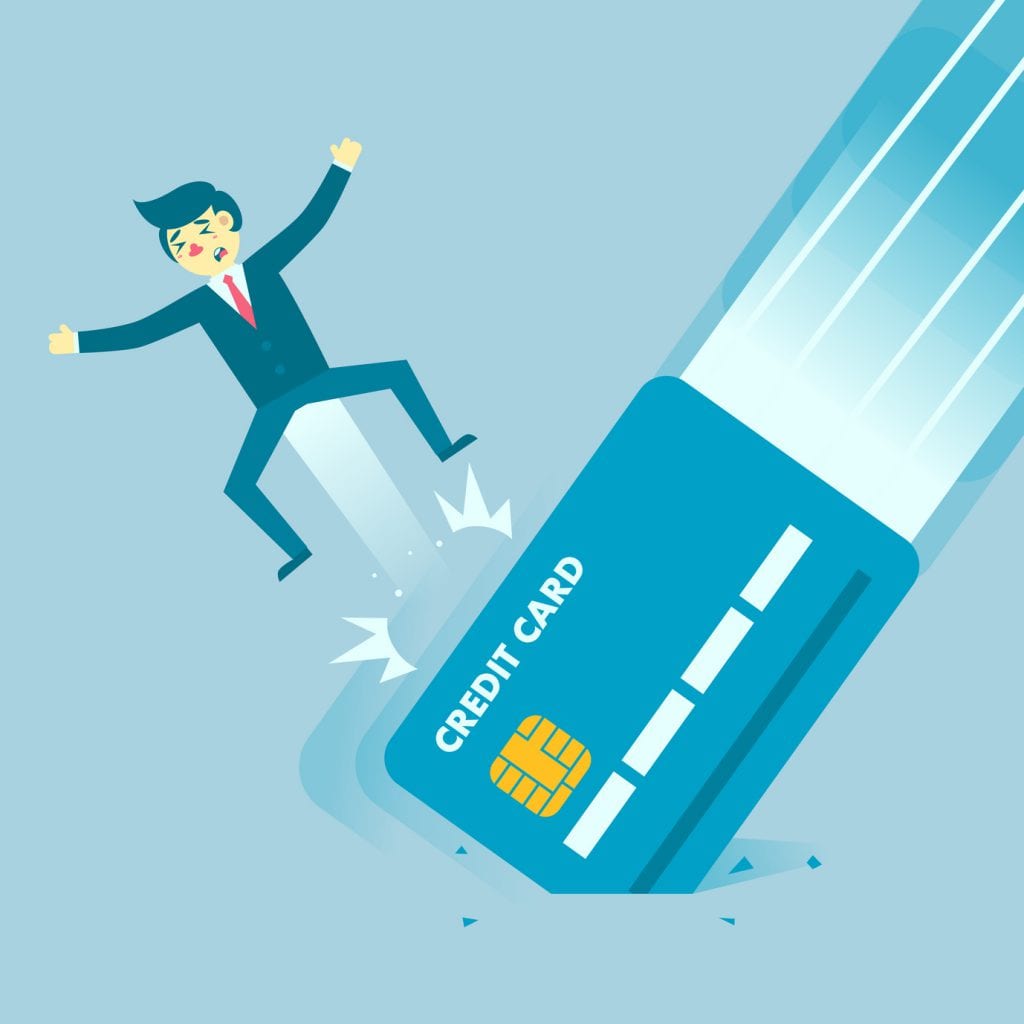Life was so much simpler three centuries ago. Financial crimes like counterfeiting were classified as high treason, which usually resulted in a hangman’s noose or a one way trip to Australia, penalties described in the Counterfeiting Coin Act of 1741. The latter would be a pleasure if you’ve been to Sidney harbor lately. The former is still an incentive to stay on the right side of the law.
Mercator Advisory Group’s recent report on PSD2, Payment Services Directive 2: Worldwide Industry Implications, gives a global view on the upcoming Payment Services Directive, and how, even though it is written for the Eurozone, will ultimately affect the world of payments on a global basis. Think about Reserve Bank of Australia interchange price controls European mandates on interchange Dodd Frank US Debit price controlsCanadian interchange caps.
This interesting article talks about some of the conflicts of the Payment Initiation Service Provider function defined under PSD2, and how the banning of credit card surcharging is a conflict. Part of the issue talks to the impact of payment card fraud, the modern day equivalent of the treasonous high crime of counterfeiting.
• There have been many discussions and surveys hypothesizing the success of PISP transactions.• Many consumers, largely in mainland Europe, prefer to avoid using credit cards in favour of spending only the money they have in their account. There are already examples of thriving PSD2-like solutions (iDEAL, Trustly, etc.).
• However for the consumers who actively use credit cards, the typical question is why they would choose to shift to PISP transactions.
• Now with the ban on surcharging, these consumers seemingly have even less incentive to use PISP services, especially when one factors in the additional benefit of card payments including protection and ubiquitous acceptance at point of sale.
The big question here is “does the PISP role create a fintech opportunity or are we adding too much overhead?” The writer believes that the requirements that will create disincentives for merchants.
This fraud issue might be handled better if we fell back on our Anglo roots and classified counterfeiting with the same vigor common three centuries ago.
Overview by Brian Riley, Director, Credit Advisory Service at Mercator Advisory Group
Read the full story here
